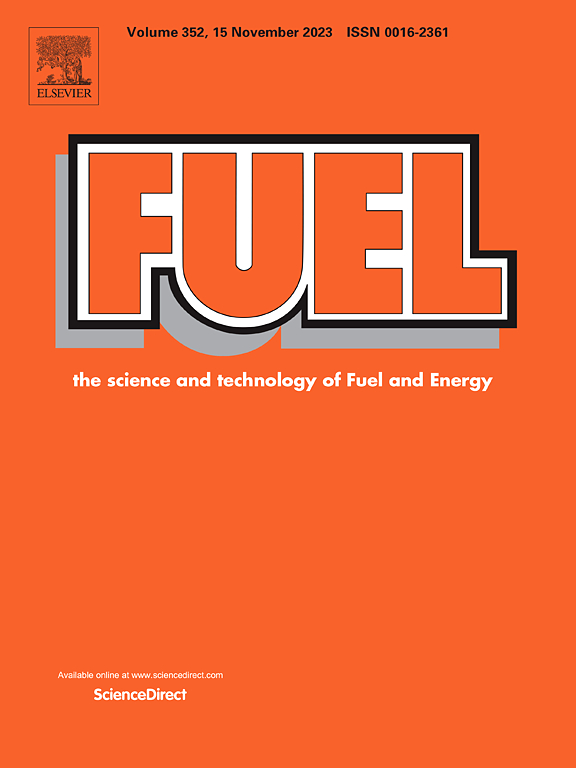Recent advances in nanocatalysis for clean energy and carbon neutral applications
IF 6.7
1区 工程技术
Q2 ENERGY & FUELS
引用次数: 0
Abstract
Traditional fossil fuels serve as the mainstay of global energy consumption, comprising more than 85 % of the overall share. The reliance on fossil fuels unveils a range of challenges, such as limited resources, increased carbon dioxide (CO2) emissions, and the intensification of the greenhouse effect. The concept of “carbon neutrality” has been introduced to tackle this issue. Carbon neutrality involves maintaining a balance between the rate at which CO2 is emitted and the rate at which it is removed from the atmosphere and effectively addressing the impacts of global warming. However, the main obstacle that hampers the commercialization of these technologies is their limited efficiency. The advancement of nanocatalysts with exceptional efficiency, affordability, and durability can significantly aid in streamlining this process. In recent decades, scientists and researchers worldwide have made significant progress in developing advanced catalysts for energy conversion and storage technologies to optimize the designs and enhance the performance of these catalysts. This review delves into the latest developments in advanced energy materials employed for nanocatalysis in electrochemical water splitting reactions, having a specific emphasis on the oxygen evolution reaction (OER), hydrogen evolution reaction (HER), CO2 reduction reaction (CO2RR), ammonia production, and other value-added fuels. The review places significant emphasis on these materials’ operational methods and effectiveness. We provide a crisp overview of the critical challenges that must be tackled to enable the forthcoming wave of advancements in nanocatalysis. We also focused on the imperative to develop carbon–neutral objectives in the foreseeable future.

求助全文
约1分钟内获得全文
求助全文
来源期刊

Fuel
工程技术-工程:化工
CiteScore
12.80
自引率
20.30%
发文量
3506
审稿时长
64 days
期刊介绍:
The exploration of energy sources remains a critical matter of study. For the past nine decades, fuel has consistently held the forefront in primary research efforts within the field of energy science. This area of investigation encompasses a wide range of subjects, with a particular emphasis on emerging concerns like environmental factors and pollution.
 求助内容:
求助内容: 应助结果提醒方式:
应助结果提醒方式:


